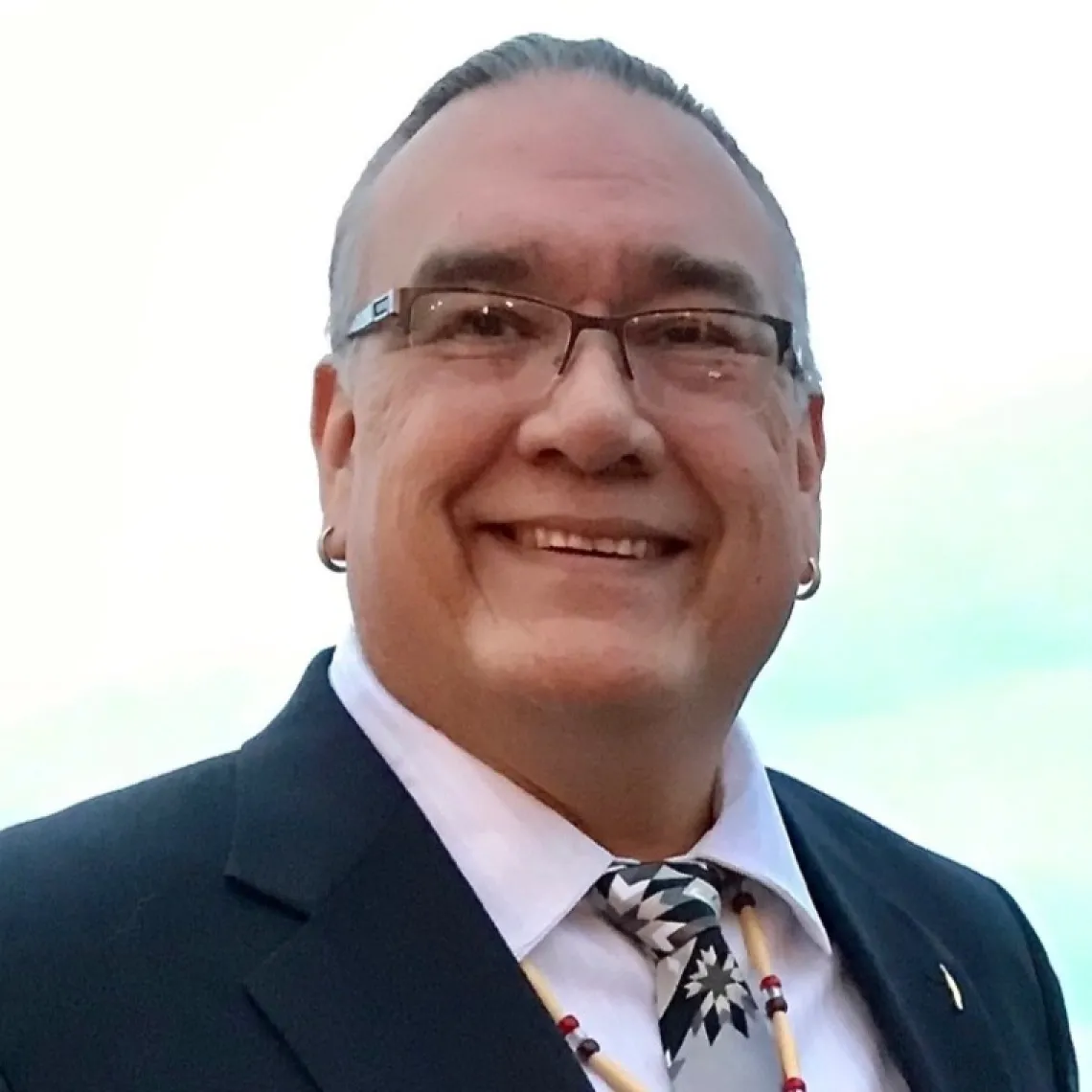Sonoran Center Hosts Screening of Films by Jim Warne

By Drew Milne
On December 7, the Sonoran Center’s Native Center for Disabilities monthly webinar series hosted a special screening of two documentary films and one short film by activist and filmmaker Jim Warne. Jim Warne is an affiliate of the Sonoran Center to support our Native Initiatives. The screening took place online over Zoom. The two films, 7th Generation, and Remember the Children, and short film, “Oyáte un Itówapi - Pictures of My People”, discussed the historical and ongoing oppression and marginalization of Native American communities, while emphasizing their resilience and drive to preserve their culture.
The screening began with an introduction from Jim Warne. “I want to be able to share my film work with you today which addresses a lot of disability issues in Indian country: from the nature of poverty, isolation, some of the trauma we’re dealing with in Indian country - intergenerational/multigenerational trauma that people are dealing with and how are we manifesting that trauma.”
Before screening the two short films, Warne shared his 5-minute short, “Oyáte un Itówapi - Pictures of my People.” The film uses the issues of Native-themed professional sports mascots as a springboard to delve into the deeper, ongoing issues of oppression and marginalization that harm Native communities.
Introducing the segment, Warne said, “I was approached by Fox Sports NFL regarding social justice pieces they were doing for every Fox NFL pregame. That’s why I teamed up with Fox Sports to produce this piece and we were fortunate with three Emmy nominations,”
The first film, 7th Generation, depicts how he and other members of the Native community are working to support tribal communities in blazing the path to success in 21st-century mainstream America while holding fast to tribal cultural ways. The title comes from a quote from an Oglala Lakota medicine man named Black Elk after the Wounded Knee Massacre, in which he prophesied, “'It will take 7 generations to heal our sacred hoop.” The film covers the generations of history that followed, the generational trauma still being reckoned with today, and how to build a positive future for Native youth.
The second film, Remember the Children, followed the Rapid City Indian Boarding school, its survivors, and their descendants. The American Indian boarding schools of the 19th and 20th centuries were created to destroy the language, culture, and traditional ways of Native people. Despite this, many were able to persevere and maintain their language, ceremonies, culture, and intergenerational knowledge.
“As you’re gathering for the holidays, think about some of the challenges that our family members may be going through, particularly those that live in Indian country. Many of our disability services are not as available for reservation and urban Indians as well. That’s what we’re trying to do, is bridge a gap of services in Indian country so that we can make a difference for those folks as best we can with the services that we provide.”
Warne talked about the Sonoran Center’s Circle of Indigenous Empowerment (CIE), which is the umbrella for our Native initiatives. The CIE houses a variety of programs that includes the monthly webinar series, our research and development programs, and our Finds Their Way youth transition program for transitioning from school to work. “We want to ensure that people, particularly our young ones have access to support services, academic support services, employment support services or all of the above.”
The Sonoran Center is proud to contribute to the progress of Native communities by spreading awareness and resources for Native people with disabilities.
